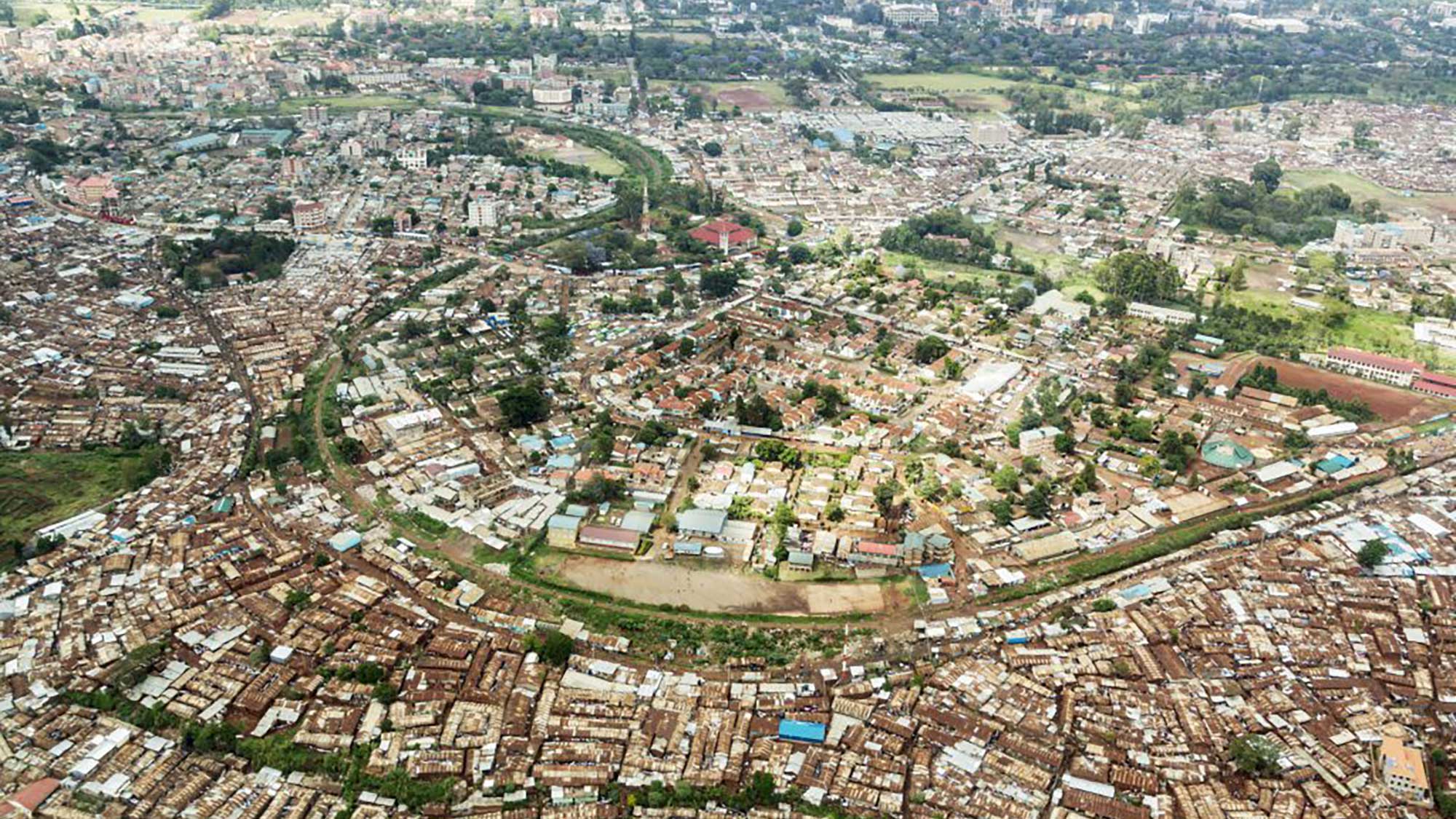
Kenya’s rapid urbanisation presents a challenge to ensuring that everyone can fully and equally participate in, and benefit from, economic opportunities.
To ensure socio-economic inclusion and to remove the barriers that threaten it, our experts on the Sustainable Urban Economic Development (SUED) programme – funded by the UK’s Foreign, Commonwealth and Development Office through the British High Commission in Nairobi – works with municipalities across Kenya to enhance their institutional capacity and business environment.
Looking back at March, a month to celebrate women’s empowerment and social inclusion through our work around the world, the SUED team highlights four examples, from four of our SUED municipalities, of how the creation of long-term Urban Economic Plans (UEP) – developed with our partner, Atkins Global – helped bring forward Kenya’s excluded voices in the management of sustainable development in the urban sector by incorporating customised and targeted recommendations towards gender and social inclusion.
Social inclusion in value chains
Agriculture is the backbone of the economy in many African towns. It is an integral part of SUED’s urban economic planning to develop different links of agricultural products that represent a competitive advantage for the region. But despite the important role marginalised populations play in the value chain, their contribution is often invisible and unpaid. For example, when we looked at several main value chains in Kenya to understand the extent of women’s involvement – whose work is often considered family work – we identified that many women engage in the sale of milk and dairy products in Mandera, in the northeast of the country. However, they lack the information, credit or equipment required to obtain certifications and expand their businesses which leads to less competitive prices and limits their opportunities.
To change that, our UEPs included recommendations to encourage women’s groups and cooperatives, trainings in soft skills, and supporting women’s professionalisation in the sector. We also highlighted ways to achieve this so it does not add to women’s time burden, or negatively affect their agency and control their sales.
Supporting young entrepreneurs
The population of the Kerugoya-Kutus municipality is young, dynamic, tech-savvy and supported by various higher education institutions. Yet, unemployment is high among youth, with limited job opportunities as well as initiatives to train the skills needed to develop of their own businesses, such as marketing, product design, sales, finance, strategy, digital and e-market opportunities. We found that Entrepreneurship Centres for small businesses could provide valuable support to entrepreneurs, students, and graduates – but the challenge was that these are not often accessible for low-income communities or people with low literacy levels.
The answer we provided in the UEPs was to draw on initiatives that bring the necessary entrepreneurship and business skills trainings to the communities instead. One such initiative is the Community-Based Entrepreneurship Development by the UN’s International Labour Organization which do not rely on external trainers or resources. In this way, opportunities are less costly, more inclusive, and accessible to more people.
Bringing inclusive cities to life
Based on workshops with local stakeholders, the visions set out in our UEPs aim to guide the economic and urban development of municipalities in Kenya. In Kerugoya-Kutus, we supported the creation of a sustainable city, planning the development and improvement of urban parks and plazas with plenty of greenery and water. Recognising that public spaces are fundamental for communities’ social cohesion, recreation, civic participation, and a sense of belonging, our UEPs recommended adopting universal design standards to allow easy access and use for everyone. This included avoiding graded routes, installing benches in circulation paths so that people with limited mobility can rest, providing signage for people with hearing and visual impairments, installing appropriate lighting, and providing public toilets and parking space that are accessible to people with disabilities.
In the case of Eldoret, in the west of Kenya, the vision was to become a Smart City that enhances technologies for urban sustainable development. But Smart Cities are not necessarily a synonym of inclusive cities. New technologies and innovation should be people-centred, and always prioritise the inclusion of marginalised groups. So while digitised maps at bus parks allow visitors and residents to travel safely and independently, and be more informed about transport services, their design often ignores the needs of people with disabilities. Our UEPs addressed this by recommending tactile maps or narrated digital maps for the visually impaired, as well as maps indicating transport infrastructure that is accessible to people with disabilities.
Kenya’s future depends on tackling the economic, social and environmental challenges of today. As a trusted partner to several municipalities across the country, we are passionate about providing tailored solutions that respond not only to local infrastructure needs – but also ensure that no one is left behind and has equal opportunities to contribute to, and benefit from, the country’s urban development.